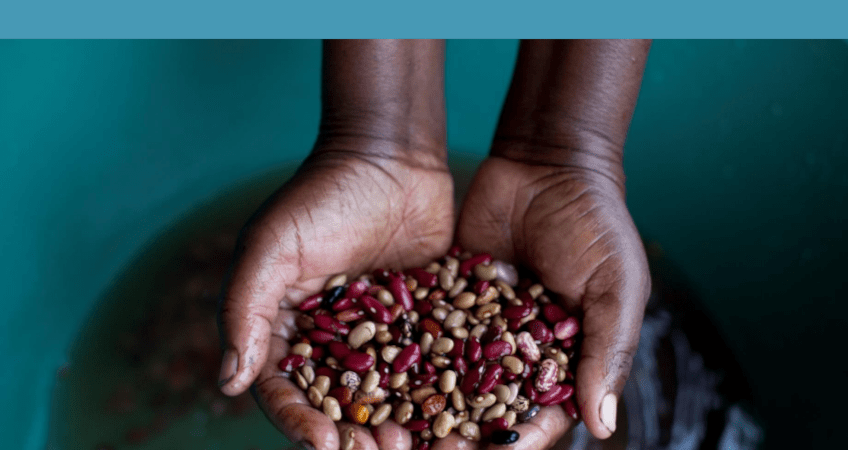Author: Catholic Relief Services, 2020
Topics: seed systems; regulations; seed policies; integrated development
This paper addresses a gap in current literature regarding the role of law and regulation in linking the informal and formal seed sectors and creating more inclusive and better governed seed systems. Drawing upon insights from literature, global case studies, key expert consultations, and a methodology on the design and implementation of law and regulation, we present a framework that evaluates how regulatory flexibility can be built into seed systems to address farmers’ needs and engage market stakeholders of all sizes. Our study encompasses three dimensions: (i) extending market frontiers (who can sell what seed of which crop-varieties and in which locations); (ii) liberalizing seed quality control mechanisms (ranging from formal seed certification to quality declared seed (QDS) and self-certification); and (iii) improving anti-counterfeiting approaches.
We find that flexible regulatory approaches and practices can play a central role in building bridges between formal and informal seed systems, guaranteeing quality seed in the market, and encouraging market entry for high-quality traditional and farmer-preferred varieties, with lessons from around the world and implications for future regulatory design and implementation.
Click on the following link to access the content:https://www.crs.org/sites/default/files/using_regulatory_flexibility_to_address_market_informality_in_seed_systems_a_global_study.pdf
